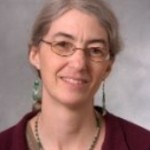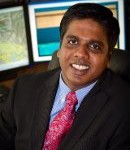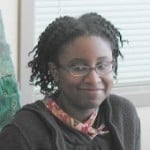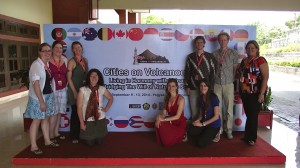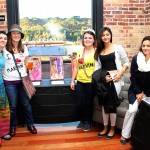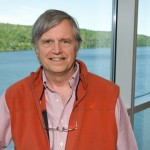The Earth, Planetary, and Space Sciences Institute
proudly presents:
Ezequiel Medici, MTU ME-EM Research Engineer
The EPSSI seminar for Monday, December 1, 4:00 p.m., M&M U113
“Shock Tube Recreations of Shock Waves and Jets Generated During Explosive Volcanic Eruptions”
Abstract: At the beginning of a suddenly explosive volcanic eruptions two types of phenomena can be observed, the formation of a shock wave immediately followed by a supersonic jet of expanding vapor-solid-liquid mixture. The intensity of the shock wave and the structure of the supersonic jet can carry a significant amount of information about the intensity and the dynamics of the volcanic eruption. Despite the hazard they represent to the immediate surrounding area of the volcano vent, these atmospheric shock waves and the subsequent sonic wave can be safely measured at a long distance from the vent. This characteristic makes the measurement of shock/sonic waves suitable for safe, real-time remote sensing of the conditions at the volcanic vent during the eruption. Preliminary results, based on the experiment performed on the shock tube, indicate a strong correlation between the energy released by the eruption, calculated by standard methods post eruption, and the intensity of the shock wave as measured through its pressure field. This correlation could ultimately lead to a more reliable model of shock/sound wave propagation which will serve as an early warning system for the air traffic control.
Immediately after the shock wave, an over pressurized jet mixture of vapor, solid particles, and liquid begins to expand. This mixture typically contains a relatively high concentration of solid particles of different size. To study the coupled interaction between the expanding gas and the particles, a series of analog explosive volcanic experiments using the atmospheric shock tube were performed. High-speed shadowgraph imaging of the expanding jet mixtures is recorded for different initial jet energy, particle sizes and particle concentrations. The study and observations of the interaction between the mixture of expanding gas and particles can elucidate the mechanisms acting during the initial stage of the formation of ash plumes or pyroclastic flows.
